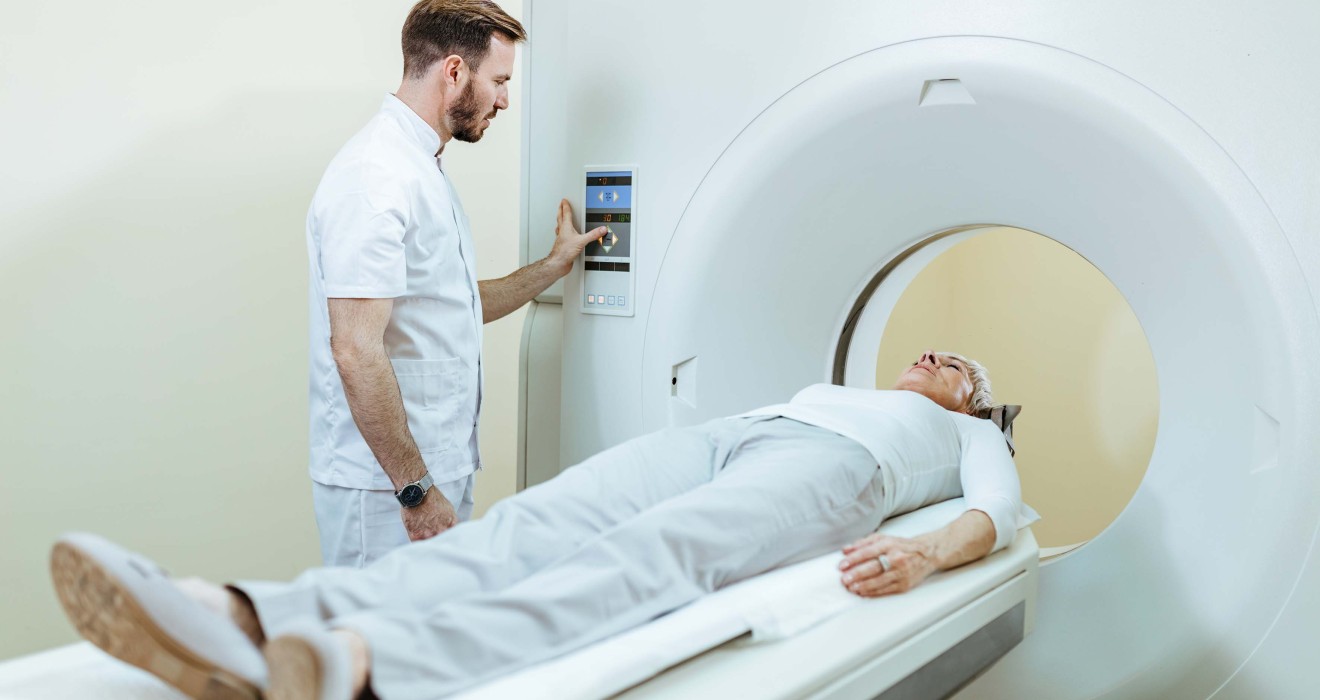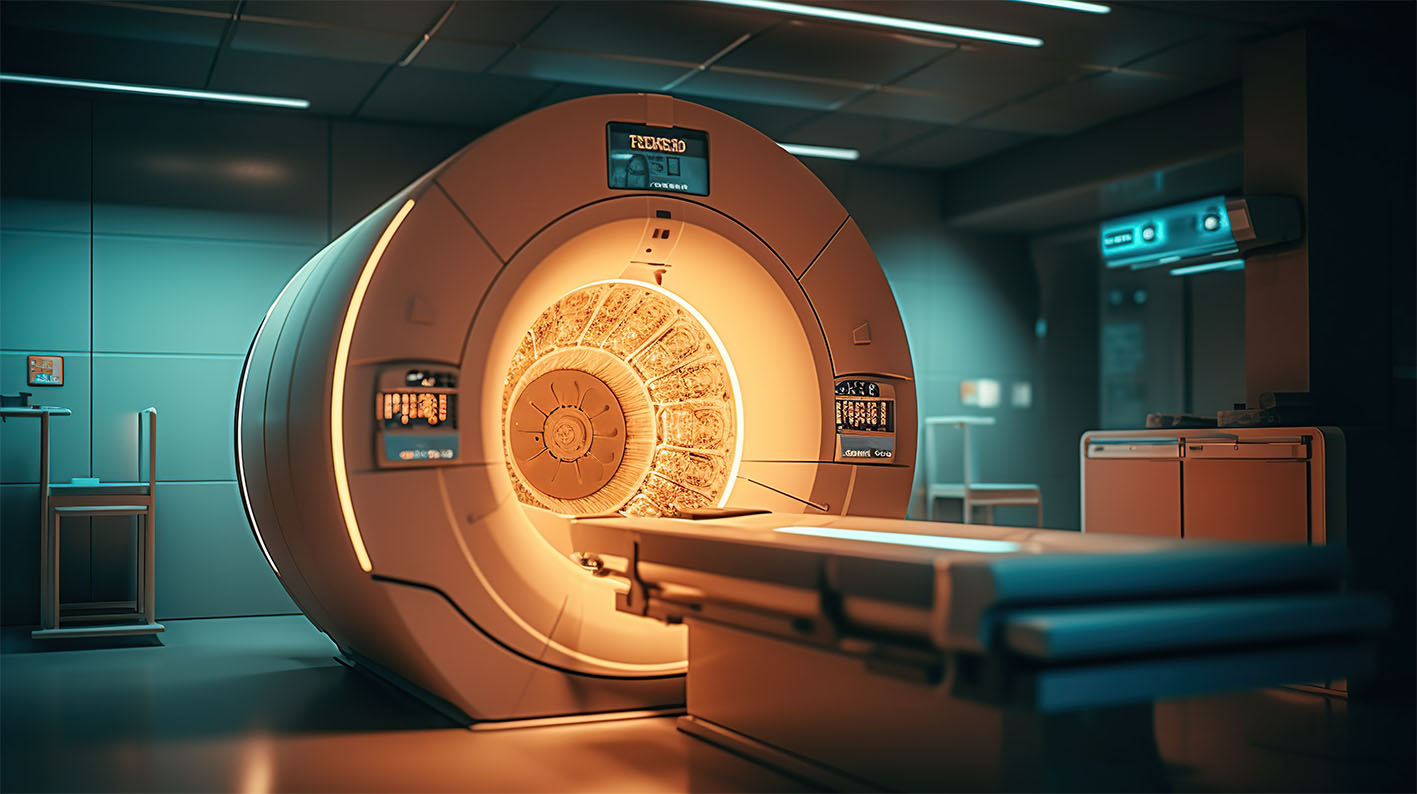
What is Virtual Angiography
Today, medical technology offers revolutionary developments in the diagnosis and treatment of diseases. One of these developments is virtual angiography. This method, which is used in the diagnosis of cardiovascular diseases, offers a more comfortable option for patients with its non-invasive structure.
What is Virtual Angiography?
Virtual angiography is a medical imaging method that allows detailed visualization of the heart vessels and does not require surgical intervention. This technique is performed using a computed tomography (CT) device. It allows a detailed examination of the internal structure of the vessels. Unlike traditional angiography, no catheter is inserted during virtual angiography. Therefore, it is less uncomfortable for patients.
How is Virtual Angiography Performed?
The procedure is quite simple. It is usually completed in a short period of time:
- Preparation: The patient is properly positioned in the CT machine. A contrast agent is usually injected to improve the visualization of the vessels. This makes the vessels more clearly visible on the CT scan.
- CT scan: After the contrast material is injected, the CT scanner is switched on and images of the heart vessels are taken. The patient must remain still during this procedure.
- Image Processing: The images are processed using specialized software and a three-dimensional model of the vessels is created. This model allows doctors to examine the vessels in detail.
Advantages of Virtual Angiography
Virtual angiography is becoming increasingly popular thanks to its many advantages. The main advantages are as follows:
- Non-Invasive: It is non-invasive as it does not require the insertion of a catheter. This means less discomfort and risk for patients during and after the procedure.
- Quick and Easy: The procedure is usually completed within 30 minutes. Patients can return to normal activities the same day.
- Detailed Imaging: It provides detailed and high-resolution images of the veins. This allows doctors to see possible blockages and other abnormalities more clearly.
- Less Radiation: It requires a lower radiation dose than traditional angiography
Who is it suitable for?
It is a suitable option for many patients at risk of cardiovascular diseases. Some patient groups for whom it is recommended are as follows:
- Patients with chest pain: It is an effective method to determine whether chest pain is of cardiac origin.
- Patients with a Family History of Heart Disease: People with a family history of heart disease can have their heart vessels checked with virtual angiography because they are at risk.
- Patients with High Cholesterol and Hypertension: Patients in this group are at high risk for cardiovascular diseases. They should have the condition of their vessels checked regularly with virtual angiography.
- Diabetes Patients: Diabetes is an important factor that increases the risk of cardiovascular diseases. Diabetes patients can monitor the health of their heart vessels with angiography.
Disadvantages and Limitations
As with any medical procedure, virtual angiography has some disadvantages and limitations. These are as follows:
- Radiation Exposure: Since it is performed using a CT scan, it requires a certain amount of radiation exposure. However, this radiation dose is usually lower than that of conventional angiography.
- Contrast Material: The contrast material used during the procedure, although rare, can cause allergic reactions in some patients. Therefore, it is important that patients with known allergies to contrast media inform their doctor.
- Limited Detail: In some cases, it may not provide as detailed information as traditional angiography. It may be limited especially in the detection of small vessel blockages.
Virtual angiography is one of the most effective methods offered by modern medicine to protect your heart health and detect potential problems early. Do not neglect your health, have regular check-ups and protect your heart health!


